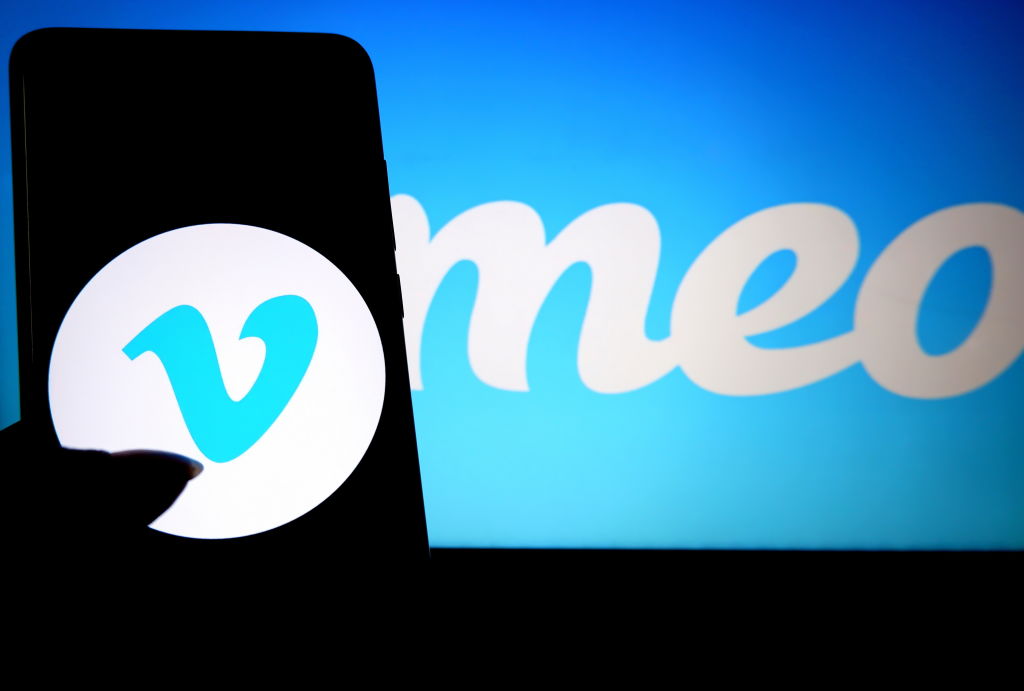This may seem like a great time to launch a SaaS startup, but the landscape is crowded with well-designed applications that promise “blazingly fast and delightfully simple” experiences, according to seed-stage investor John Chen of Fika Ventures.
Most SaaS startups will fail, but not because of a sour marketing campaign or server downtime. The majority of these companies will fall victim to what Chen calls “the myth of frictionless onboarding.”
Despite the hype about ease of use, enterprise companies always ask customers to abandon familiar tools so they can learn something new.
“Just like with a new fitness program, participants feel good after completing the workout, but it takes a lot of activation energy to start and hard work to get there,” Chen notes.
Full Extra Crunch articles are only available to members
Use discount code ECFriday to save 20% off a one- or two-year subscription
Instead of putting the onus on customers to roll up their sleeves, he suggests that SaaS startups learn from cryptocurrency culture and find ways to “incentivize users to do the necessary work to have the right experience.”
But how do you encourage users to put in the time and effort required to produce an optimal customer experience?
“In a world where there is a surplus of alternatives for every job to be done, the scarce resource is not content, tooling, or hacks and tricks,” says Chen. “It’s attention.”
We’re off on Monday, May 31 in observance of Memorial Day; I hope you have a relaxing weekend!
Walter Thompson
Senior Editor, TechCrunch
@yourprotagonist
Dismantling the myths around raising your first check

Image Credits: Klaus Vedfelt (opens in a new window) / Getty Images
As startups and venture capital grow in tandem, fundraising has gone from a formal affair on Sand Hill Road to a process that can happen anywhere from Twitter to Zoom.
While fundraising may no longer require a trip to California, it might depend on whether you got an invite to a private audio app. And while you may not need to be an insider, second-time founders — largely male and white — still have a competitive advantage.
The growing complexity of fundraising has the opportunity to make tech either inclusive or exclusive.
VC is the flashy gold medal, but the rapid growth of emerging fund managers means that a first check can be piecemealed together from a variety of different sources. The options for financing are seemingly endless: syndicates, public crowdfunding, VC firms, accelerators, debt financing, rolling funds, and, for the profitable few, bootstrapping.
Doximity’s S-1 may explain why healthcare exits are heating up

Image Credits: Nigel Sussman (opens in a new window)
Telehealth startup Doximity filed to go public earlier today. Notably, the company has not fundraised since 2014, a year in which it attracted just under $82 million at a valuation of $355 million, per PitchBook data.
How has it managed to not raise money for so long? By generating lots of cash and profit over the years. Healthtech communications, it turns out, can be a lucrative endeavor.
What Vimeo’s growth, profits and value tell us about the online video market

Image Credits: Avishek Das/SOPA Images/LightRocket via Getty Images
The spin-out of video platform Vimeo from IAC completed this week, and the smaller company is now trading as an independent entity under the ticker ‘VMEO’.
If you missed the news that the internet conglomerate was spinning out the video service, don’t feel bad; it slipped past many radars. But with the company now trading, our access to its historical results, and our minds still enthralled by YouTube’s recent financial performance for Alphabet, it’s worth taking a moment to digest the company’s health.
Flywire’s flotation suggests the IPO slowdown is behind us

Image Credits: Nigel Sussman (opens in a new window)
The Flywire IPO is neat from a financial perspective and notable in that it’s a Boston exit as opposed to yet another New York or San Francisco-based flotation. It’s nice to see some other cities put points on the board.
But more than that, this IPO is a useful measuring stick for keeping tabs on the IPO market as a whole. This year and the last are shaping up to be key exit periods for startups and unicorns of all shapes and sizes; many a venture capital fund return rests on these public debuts.
Dear Sophie: Any unique immigration strategies for quick hiring?

Image Credits: Bryce Durbin/TechCrunch
Dear Sophie,
I do recruitment for tech startups. With a surge of VC investing, many startups are urgently hiring.
Which visas offer the quickest options for international talent? Are there any unique strategies that you would recommend we explore?
— Maverick in Milpitas
7 questions to ask before relocating your startup to Florida

Image Credits: Artur Debat (opens in a new window) / Getty Images
Cities like Miami, Pittsburgh and Austin have been drawing talent and wealth from Silicon Valley for years, but the COVID-19 pandemic accelerated the trend.
In recent months, many investors and entrepreneurs have noisily departed for Miami, citing the region’s favorable business climate and quality of life.
It’s always good to consider one’s options, but before booking a moving van for the Sunshine State — or any emerging tech hub, for that matter — here are some basic questions entrepreneurs should ask themselves.
Vise CEO Samir Vasavada and Sequoia’s Shaun Maguire break down the art of the pitch

Image Credits: Sequoia Capital / Wolfe + Von / TechCrunch
In just a few short years, Vise has gone from launching on the Disrupt Battlefield stage to a unicorn. Co-founders Samir Vasavada and Runik Mehrotra met Sequoia’s Shaun Maguire at an after-party at the event, and Maguire ended up leading a seed and Series A round while Sequoia led the Series B.
Last week, Vise raised its Series C of $65 million and was officially valued at $1 billion post-money.
We spoke to the pair about the early fundraising process for Vise, what Vasavada has learned about delivering a good fundraising pitch, and what stood out about the pitch and the product for Maguire.
Acorns’ SPAC listing depicts a consumer fintech business with a SaaSy revenue mix

Image Credits: Nigel Sussman (opens in a new window)
Another day, another unicorn public offering.
On Thursday, it was Acorns, a consumer fintech service that blends saving and investing into a freemium product.
Acorns fits inside the larger savings-and-investing boom seen over the last four or five quarters as consumers buffeted by the economic changes brought on by COVID-19 turned to stashing cash and boosting their equities investing cadence.
By now this is old news, but we haven’t had a clear picture of the economics of consumer fintech startups accelerated by the pandemic. Now that Acorns has decided to list via a SPAC — more on that in a moment — we do.
Poor onboarding is the enemy of good hiring

Image Credits: Olga Strelnikova (opens in a new window) / Getty Images
The world of hybrid work is here, and the usual 10-minute intro call, swag bag and first-day team lunch are just not enough to make your new employee feel welcome.
While many companies have found a way to interview and select candidates in a fully remote environment, few have spent time and resources on aligning the “pre-boarding” and onboarding process for the new hybrid world of work. Many employers still rely on old ways of welcoming new hires, despite our totally changed work environment.
It’s important to capitalize on candidates’ enthusiasm and eagerness from the moment the offer is signed instead of when they log in on Day One, because first impressions can make or break a candidate’s chances of staying at a company.
Comments
Post a Comment